
Reducing pesticide use while preserving crop productivity and profitability ($)
Plant Science Research Weekly, Research0 Comments
/
To safeguard human health and the environment, the French government has called for a nation-wide reduction in the use of pesticides (herbicides, fungicides and insecticides). Towards this end, they have been collecting pesticide usage and yield data from French farmers. Lechenet et al. explored these…
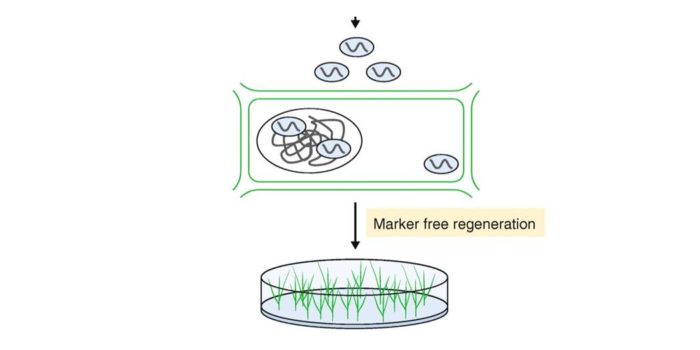
Research Highlight: Knocking out consumer concerns and regulator’s rules with CRISPR/Cas
Plant Science Research Weekly, ResearchWhen is a genome-edited plant a GMO (and subject to GMO-restrictions)? Wolter and Puchta summarize two important papers that show that CRISPR/Cas genome editing can be achieved in wheat and rice without the introduction of foreign DNA (making these plants “not GMO”), by delivering complexes of enzyme…
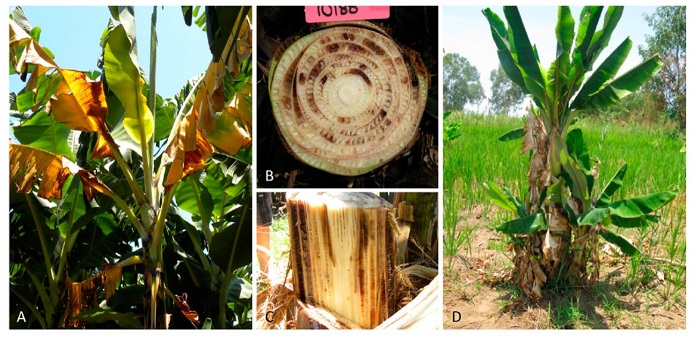
Review: Modifying bananas: From transgenics to organics?
Plant Science Research Weekly, ResearchDid you know that bananas are: one of the top ten world food crops, the world’s most popular fruit, eaten in nearly every country, and an important food security crop in regions where they are grown? Did you also know that most bananas are triploid and usually sterile, making conventional breeding…

The Science in Our Food - Jim Carrington
CSVL Research, Curated Webinars / Video Lectures, WebinarsJim speaks on the benefits science has allowed for in the advancements in growing food. He suggests that global changes will create a need for us to leave romantic visions of farming in our past. With exploding population growth and climate change, we are at an important cross roads.
Jim Carrington…
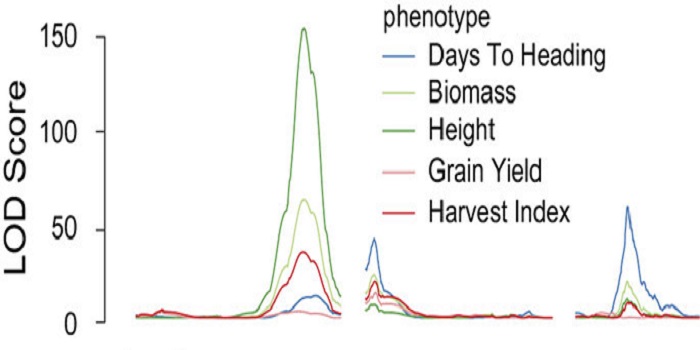
Field-based high throughput phenotyping identifies genes controlling yield in rice
Plant Science Research Weekly, Research, Research BlogThe classic art of plant breeding involves carefully examining a genetically segregating population for traits of interest. Increasingly, high-throughput, automated phenotyping systems are being used; for example, robots can carry plants to imaging chambers for data collection. However, growth-chamber…
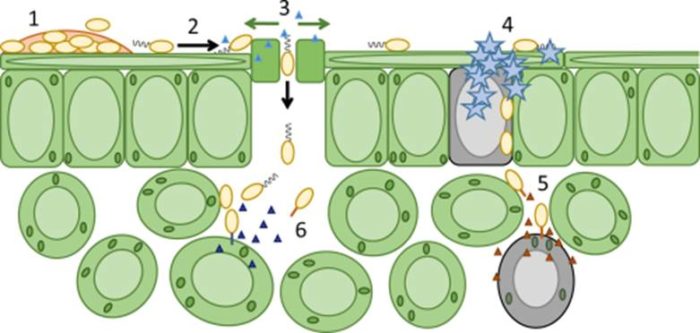
Reviews: Challenges in bacterial molecular plant pathology
Plant Science Research Weekly, ResearchMolecular Plant Pathology has released a new series of free reviews on “Challenges in Bacterial Molecular Plant Pathology.” Topics so far:
Morris et al. Frontiers for research on the ecology of plant-pathogenic bacteria: fundamentals for sustainability 1111/mpp.12508
Pfeilmeier et al. Bacterial…

Reviews: Challenges in bacterial molecular plant pathology
Plant Science Research Weekly, ResearchMolecular Plant Pathology has released a new series of free reviews on “Challenges in Bacterial Molecular Plant Pathology.” Topics so far:
Morris et al. Frontiers for research on the ecology of plant-pathogenic bacteria: fundamentals for sustainability 1111/mpp.12508
Pfeilmeier et al. Bacterial…
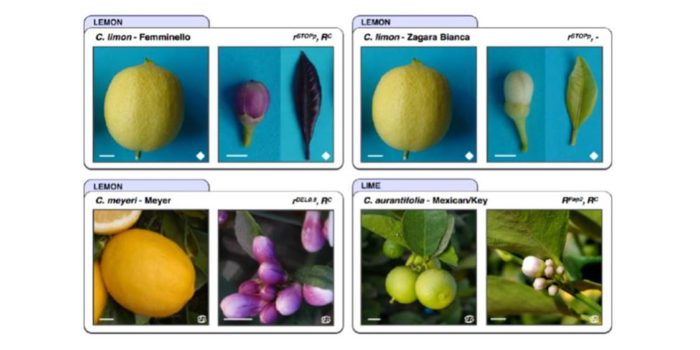
Changes in anthocyanin production during domestication of Citrus
Plant Science Research Weekly, ResearchFamiliar citrus fruits such as sweet orange, lemon, lime and grapefruit are hybrids of three species: Citrus reticulate (mandarin), C. medica (citron), and C. maxima (pummelo). Cultivated varieties are generally vegetatively propagated, with diversity arising from spontaneous or induced somatic mutations.…

Pamela Ronald: The case for engineering our food
CSVL Research, Curated Webinars / Video Lectures, Webinars2015 TED talk by Pamela Ronald.
http://www.ted.com/talks/pamela_ronald_the_case_for_engineering_our_food

